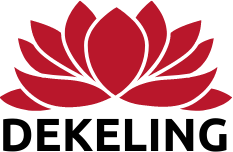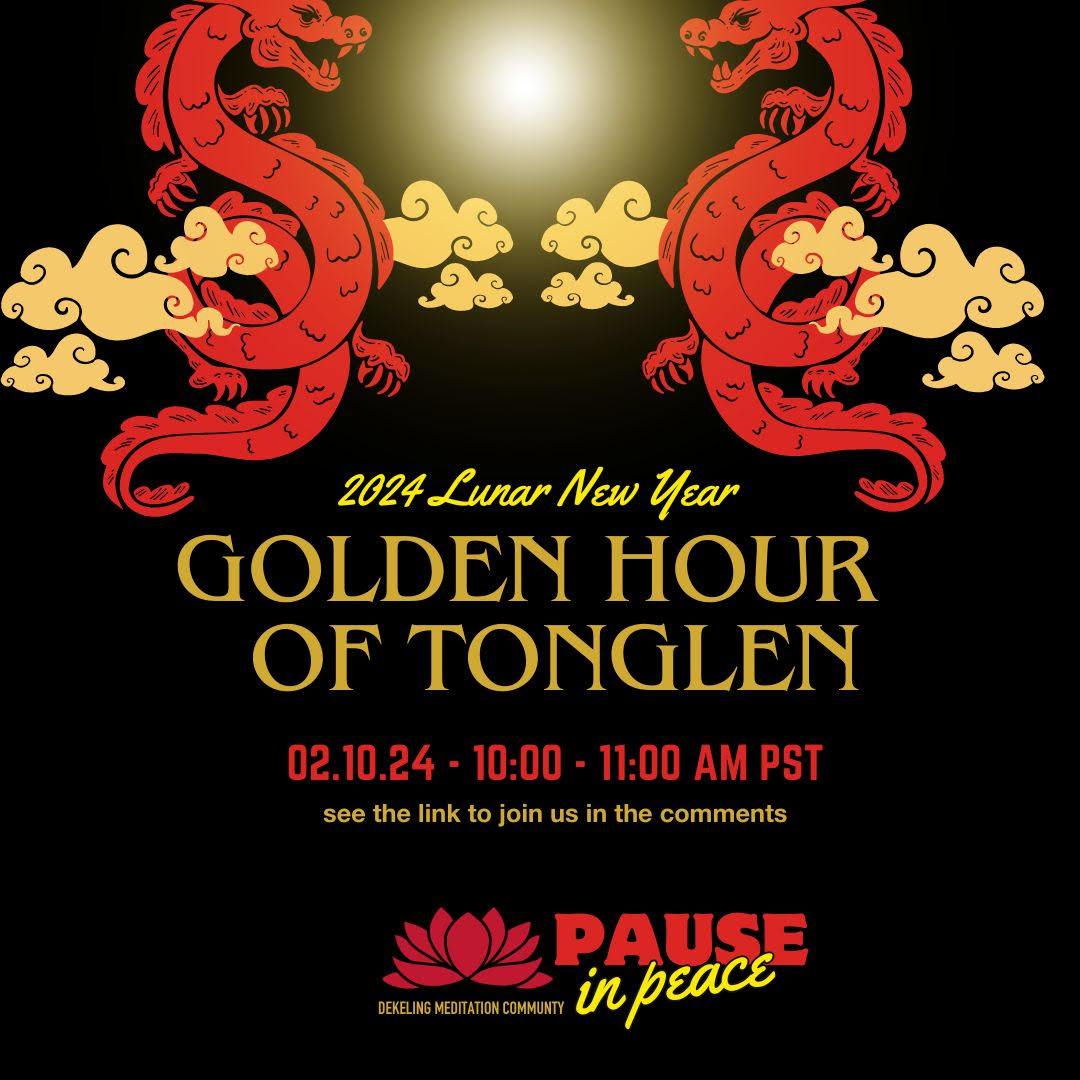I recently read that there are more than 140 large scale armed conflicts in the world right now. As the Resident Lama at Dekeling, I am committed to practicing and teaching the principles and practices of peaceful intent and action of body, speech and mind. I acknowledge I am learning, and so have made and will continue to make mistakes. Even so, I commit to not abandoning myself and others in the process of learning to love, and to respect life, and I hope we can do this together, weathering the challenges. I wish us energy and determination.
I openly acknowledge a personal perspective that human beings have a tendency to divide and dominate, causing unimaginable suffering to living beings and thoughtless damage to the earth, air and water. I see my own heart and mind are microcosms of the larger world, and thus I acknowledge my role in constructing systems that perpetuate our harmful tendencies and their effects. And while I see our perplexing tendencies to create harm, at the same time,I also see that we beings have at our core a basic goodness and unlimited potential for wisdom, compassion and peace.
In celebration of 2024’s Lunar New Year, the Dekeling community invites you to join us for an hour of Tonglen, an ancient practice of loving-kindness and compassion. Instructions will be given, and all are welcome. Feel free to invite others. Join us on February 10th from 10-11am Pacific time in this Zoom room.
We dedicate our efforts to the liberation of all living beings—none excepted—with the wish for a new year of opportunity and fruition.
Lama Lekshe

